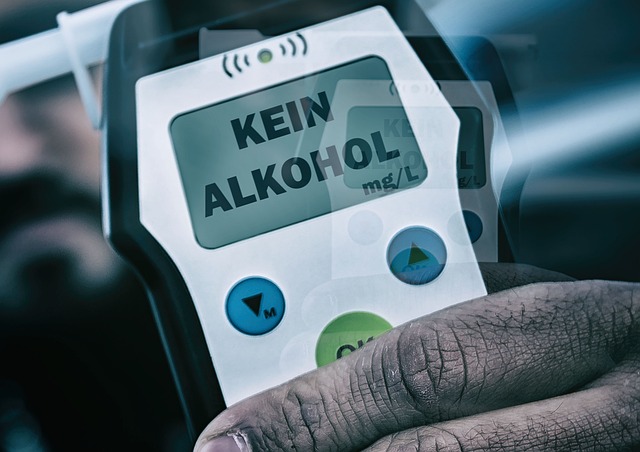Driving under the influence (DUI) charges are serious legal matters that can have far-reaching consequences. Understanding the intricacies of DUI laws in the USA is essential for anyone facing such charges or seeking to avoid them. In this in-depth guide, we will explore the key aspects of DUI charges in the United States, shedding light on legal limits, penalties, and crucial information every citizen should know.
Blood Alcohol Content (BAC) Limits
DUI charges hinge on a driver’s Blood Alcohol Content (BAC), a measure of the alcohol concentration in their bloodstream. The legal BAC limit varies across states but typically falls within the range of 0.08%. Drivers need to be aware of their state’s specific BAC limit, as surpassing this threshold can lead to DUI charges and the subsequent legal ramifications.

Standardized Field Sobriety Tests (SFST)
Law enforcement officers often use Standardized Field Sobriety Tests (SFST) to assess a driver’s impairment. These tests, which may include tasks like walking in a straight line or standing on one leg, are designed to gauge a person’s ability to perform basic motor functions. While not foolproof, SFST results can be used as evidence in DUI cases, emphasizing the importance of understanding your rights and the potential consequences of refusing these tests.
DUI Penalties
DUI penalties in the USA vary based on factors such as BAC level, prior convictions, and the presence of aggravating circumstances. Penalties typically include fines, license suspension, mandatory DUI education programs, and, in severe cases, imprisonment. States often employ a graduated system, imposing harsher penalties for repeat offenses. Understanding the potential consequences of a DUI conviction is crucial for individuals to make informed decisions and take appropriate legal action. A minnesota dui lawyer can help individuals facing DUI charges to understand the potential penalties they may face and guide them through the legal process.
Implied Consent Laws
Implied consent laws require drivers to submit to chemical tests, such as breath, blood, or urine tests, if lawfully arrested for DUI. Refusing these tests can lead to automatic license suspension, even in the absence of a conviction. Drivers need to be aware of implied consent laws in their state and the implications of refusal, as they can significantly impact the legal proceedings following a DUI arrest.

DUI Checkpoints
Law enforcement often conducts DUI checkpoints to identify and apprehend impaired drivers. While these checkpoints are legal, they must adhere to specific guidelines to ensure constitutionality. Drivers should be aware of their rights during checkpoints, including the right to remain silent and the right to refuse certain questions. Understanding the legal parameters of DUI checkpoints empowers individuals to navigate these situations with confidence.
Ignition Interlock Devices
In many states, individuals convicted of DUI may be required to install Ignition Interlock Devices (IIDs) in their vehicles. IIDs require drivers to pass a breathalyzer test before starting their vehicle, serving as a preventive measure against driving under the influence. Awareness of IID requirements and compliance is essential for those facing DUI convictions, as non-compliance can result in extended penalties. Navigating DUI charges in the USA requires a comprehensive understanding of state-specific laws, legal limits, and the potential consequences of impaired driving. From BAC limits to standardized field sobriety tests, penalties, implied consent laws, DUI checkpoints, and the use of ignition interlock devices, drivers must be well informed to make sound decisions and protect their rights. Seeking legal counsel when facing DUI charges is paramount, as an experienced attorney can provide guidance, navigate the complexities of the legal system, and work toward the best possible outcome for the individual.
…
